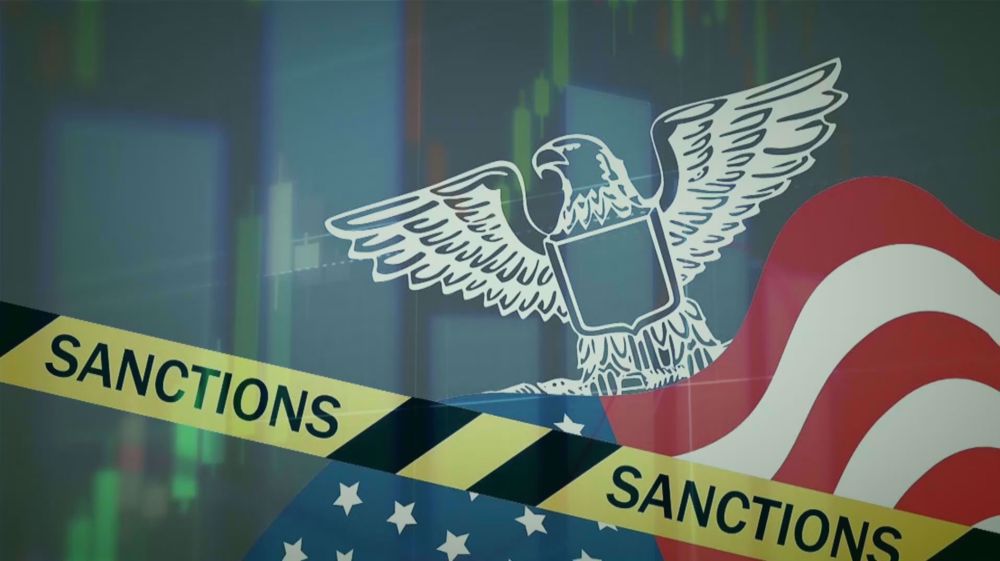UK economy: Still recovering
In 1974, British Prime Minister, Edward Heath was forced to call a three day week in the UK, forcing businesses and non essential uses of national power to consume power for only three days of the week.
The British economy was in a slump caused by the global oil crisis, having an inflation rate of 20% in the United Kingdom.
The end of the 1970’s saw the Conservative Party leader, Margaret Thatcher scoop the Tories to power, ousting the Labour party, and allegedly putting Britain back on the road to recovery.
However, the early 1980’s saw Britain transform itself from a nationalized nation into a privatized nation. Thatcher completely lost the plot, and Britain once again sunk into an economic crisis.
The miner’s strike of 1984 to 1985 crippled the UK, yet Thatcher stood by watching her own people starve. One man stood out as a hero against the evil Thatcher regime, Arthur Scargill, who fought for the miners rights, hoping to get them, and the economy then went back on track.
Yet Thatcher failed miserably, and sold her soul to the devil by privatizing Britain, from Gas, Electrcity, Water, Telecoms, Steel and Shipbuilding, the list went on, hence bringing Britain back into another period of gloom.
The upcoming elections are one of huge national and international importance in the UK. The incumbent Prime Minister, Theresa May not only does not have the UK economy sorted out, but the underlying notion of Brexit could very well be the nail in her coffin.
The Labour Party took a sucker-punch hit during the leadership of Tony Blair, who essentially destroyed the credible reputation of Labour, and left the country shamed and embarrassed.
However, the current Labour leader, Jeremy Corbyn is a veteran politician, with decades of service, and his open and honest politics poses a legitimate challenge to the Tories.
Corbyn’s idea of a post Brexit Britain is one of promise and hope.
VIDEO | Yemeni forces repel US-British attack, down F-18 Jet
Iran’s capabilities vast; enemy’s ‘maximum pressure’ policies all failed miserably: Senior official
Iran’s economy grew 2.7% y/y in Sep quarter: CBI
VIDEO | Freelancers in Gaza strive to stay online amid genocide
Mikati demands Israel's withdrawal from south Lebanon
Yemeni army strikes Israeli military sites with drones
‘Clock ticking’: UNRWA slams unjustifiable killing of children in Gaza
BP to be sued in Britain for supplying oil to Israel









 This makes it easy to access the Press TV website
This makes it easy to access the Press TV website